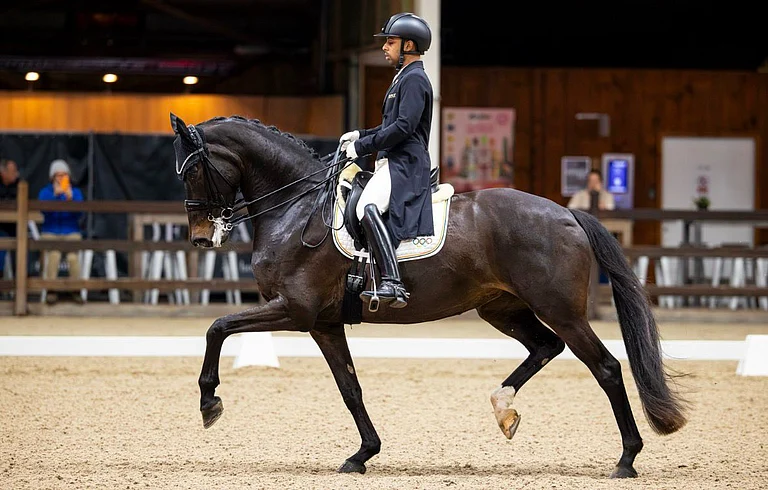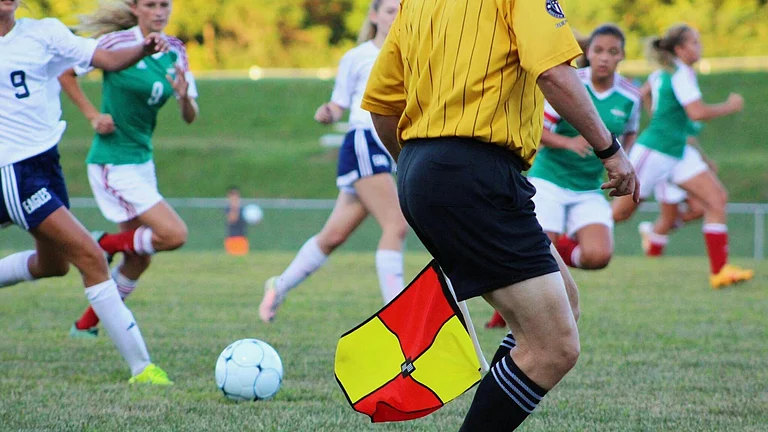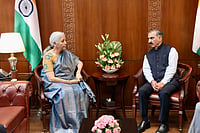France on Thursday appeared to rally behind India for hammering out a consensus on a joint communique from the G20 foreign ministers meeting that witnessed sharp divisions between the US-led West and the Russia-China combine over the Ukraine conflict.
In her remarks at the meeting, French Foreign Minister Catherine Colonna also said that the approach of India's G-20 presidency -- "One Earth One Family One Future" -- must guide the grouping to face many challenges facing the globe.
The foreign ministers from the world's largest industrialised and developing nations held crucial deliberations on key global challenges that took place in the backdrop of the increasingly bitter rift between the US-led West and the Russia-China combine over the Ukraine conflict.
US Secretary of State Antony Blinken, Russian Foreign Minister Sergey Lavrov, China's Qin Gang, the UK's James Cleverly and European Union's High Representative for Foreign Affairs Josep Borrell Fontelles are among those attending the meeting chaired by External Affairs Minister S Jaishankar.
The Indian side has been trying very hard to arrive at a joint communique as its absence may show lack of outcome at the meeting.
The French foreign minister said that the G20 must respond firmly to the current situation like it did at the Bali Summit in November.
India had played a key role in firming up of the Bali declaration in the face of deep divisions between the West and Russia over the Ukraine conflict.
"We are at a crucial moment for the G20. The Indian presidency's driving role is absolutely necessary. The 'One Earth One Family One Future' approach must guide us to face our many challenges,” Colonna said.
"It has been one year already of Russian aggression against Ukraine and against the rule of law. This war that Russia chose to wage also has negative consequences for almost every country on the planet, in terms of food, energy, inflation."
"The G20 must respond firmly, like it did at the Bali Summit. The message at Bali was clear: as G20, we need to deliver solutions that protect the most vulnerable, instead of leaving them to suffer from Russia's war,” she said.
The French Foreign minister said that the collective mission of the meeting is to deliver “results”.
“On this topic, and on all other challenges such as climate change and development finance. It requires a sense of 'shared responsibility' instead of fragmentation and systematic opposition,” she said.
“Each of us must contribute. We must overcome false ideas such as North versus South opposition, and instead build together an ambitious, reformed, efficient multilateralism,” she said.
In their remarks, German Foreign Minister Annalena Baerbock, British Foreign Secretary Cleverly and European Union's High Representative for Foreign Affairs Borrell criticised Russia for its invasion of Ukraine while China's Qin Gang referred to the 12-point Chinese peace plan to resolve the conflict.
Ahead of her visit to India, Baerbock said there is a need to focus “all our energy” on tackling these major global challenges. “This includes countering Russia's cynical game as it tries to drive a wedge into the international community,” she said.
“It is Russia's missiles that are targeting innocent people in Ukraine and have also impacted on the food and energy security of many hundreds of millions of people worldwide,” Baerbock said.
The G20 or Group of 20 is an intergovernmental forum of the world's major developed and developing economies.
The members represent around 85 per cent of the global GDP, over 75 per cent of the global trade, and about two-thirds of the world population.
The grouping comprises Argentina, Australia, Brazil, Canada, China, France, Germany, India, Indonesia, Italy, Japan, the Republic of Korea, Mexico, Russia, Saudi Arabia, South Africa, Turkey, the UK, the US and the European Union (EU).


























